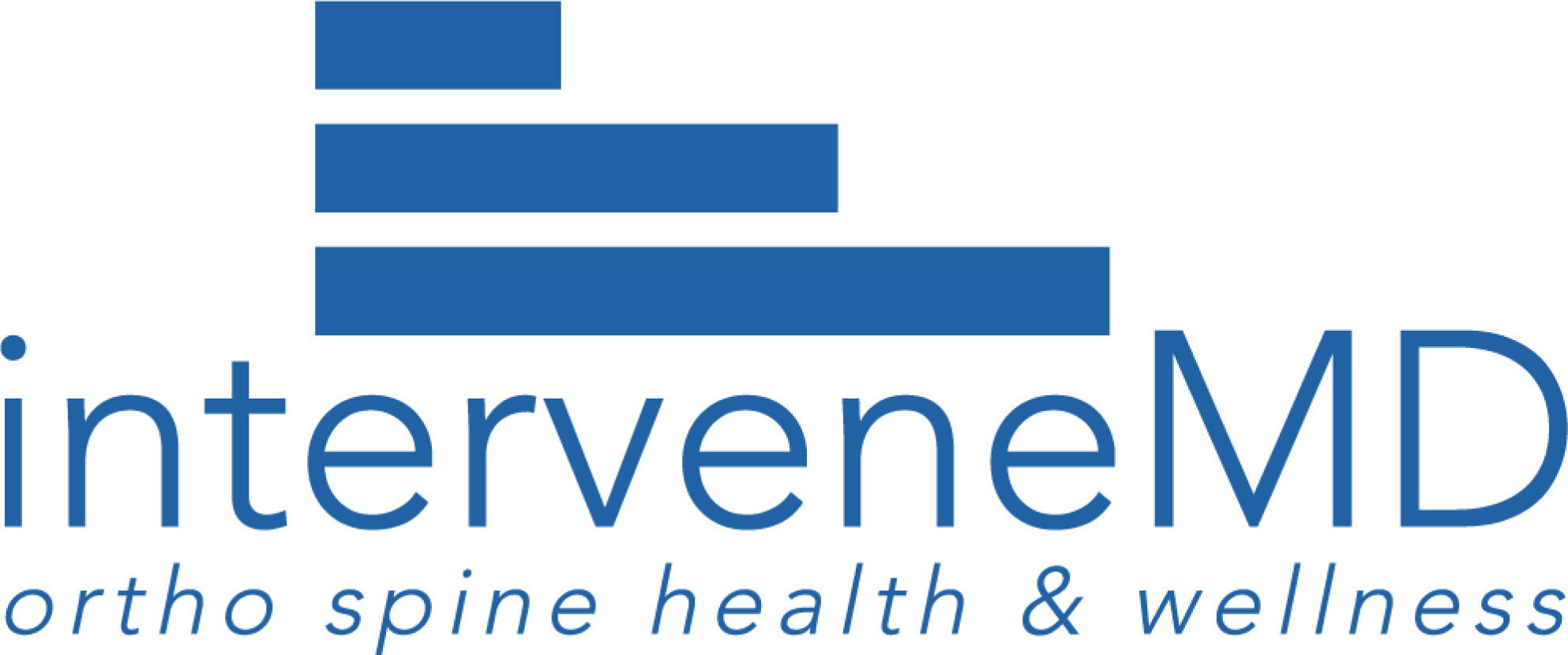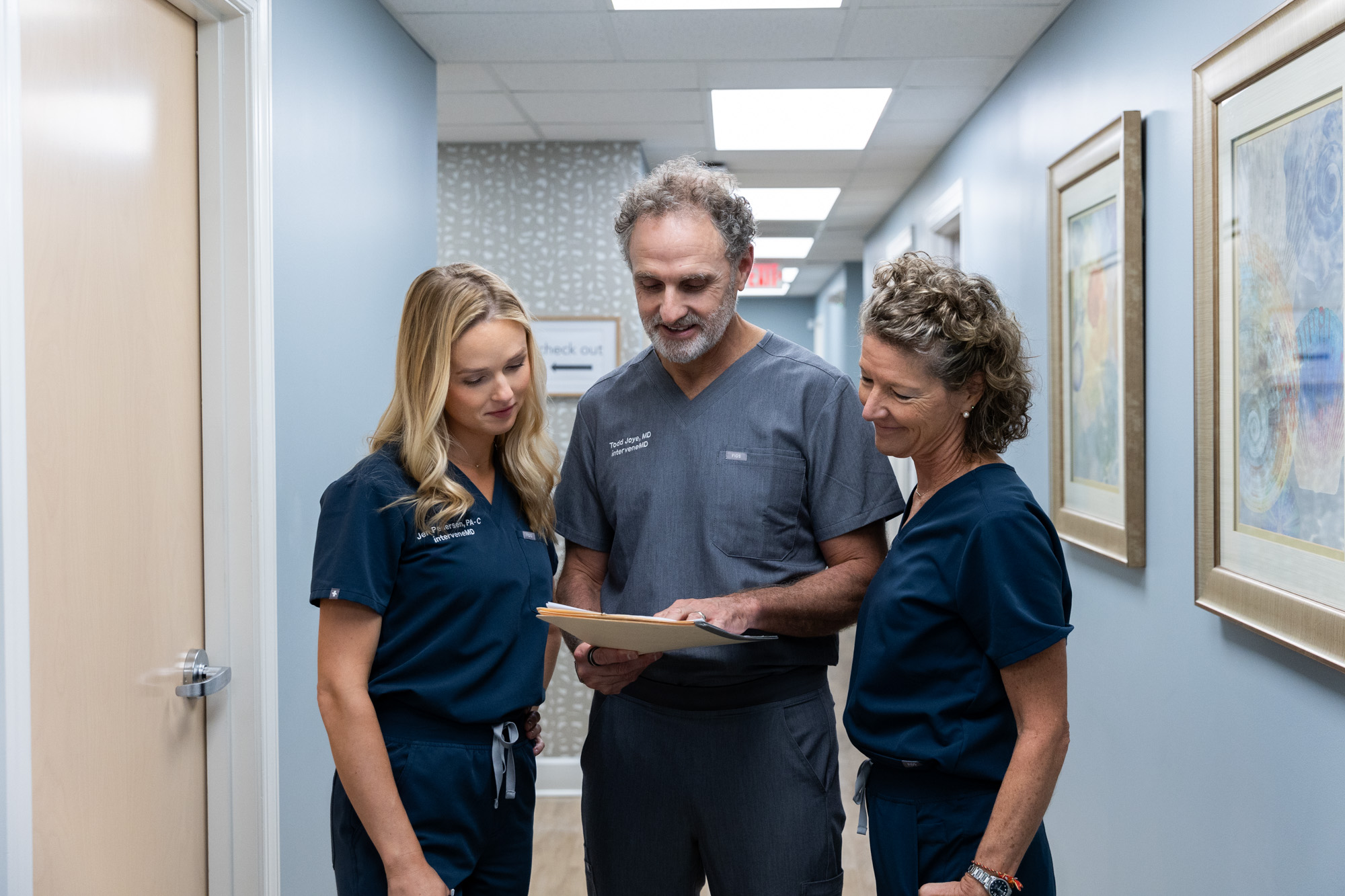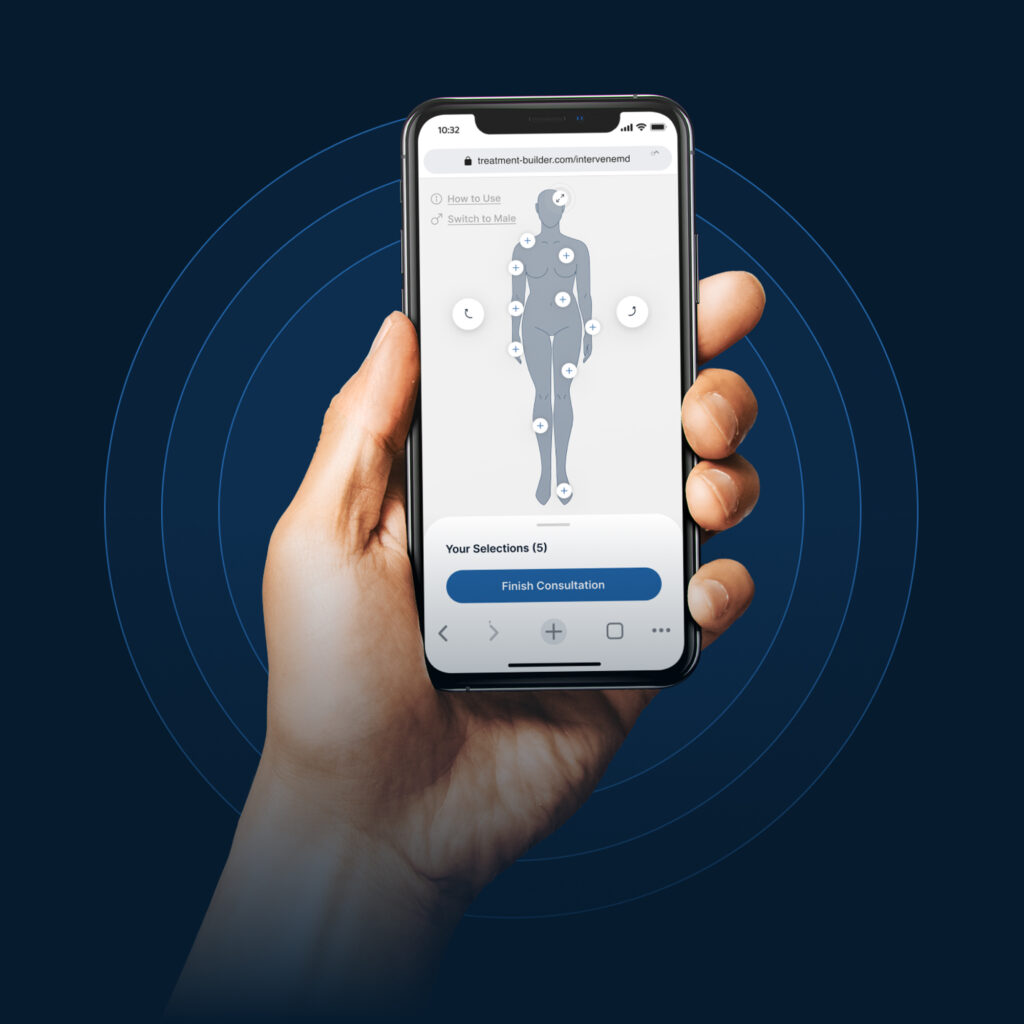
As we age, cognitive decline in the form of diseases such as Alzheimer’s and dementia is a key concern for many of us.
Alzheimer’s affects more than 6 million Americans, and the main symptoms are memory loss and difficulty with problem-solving, thinking, and language.
Many fear a loss of independence or connection that comes with these devastating diseases, and plenty of research has been dedicated to exploring possible cures, or at least ways in which people can reduce their risk.
There is a genetic component to Alzheimer’s disease that can increase or lower your risk, but age is the bigger risk factor for cognitive decline. Our genetic risk remains constant, but our overall risk of developing forms of dementia increases as we age.
Other factors that affect the likelihood of developing Alzheimer’s include lifestyle factors such as general health, head injury, and heart health.
Here’s what most people don’t know.
By the time a patient gets diagnosed with Alzheimer’s, the pathology in the brain has already been degenerating for about 20 years.
This means with adequate population-wide education; we could significantly reduce the incidences of Alzheimer’s by starting treatment before the disease can take hold – a huge step forward in the fight against cognitive diseases.
How Early Testing Can Help Beat Alzheimer’s
By starting treatment at the preclinical stage of Alzheimer’s, healthcare providers can prevent the descent into cognitive decline.
Intervene MD’s very own Todd Joye has access to a new genetic Alzheimer’s risk test that can provide insight into patients’ risk of developing Alzheimer’s disease in the future.
With the knowledge of your genetic risk factor, patients at risk can discuss making positive lifestyle changes that reduce risk with their healthcare provider.
These crucial lifestyle changes can delay the onset of symptoms and slow the disease progression, leaving patients feeling more empowered about their future health prospects.
How Does the Alzheimer’s Risk Test Work?
The Alzheimer’s risk test is straightforward and non-invasive. It simply requires a saliva sample, which it uses to analyze your genetics broadly.
The test assesses over 100,000 genetic variations that are associated with or protect against the development of Alzheimer’s disease. The risk test then gives patients a single score based on their unique genetic makeup that shows an individual’s risk compared to the wider population.
The test also reports on an individual’s APOE status – a well-known risk factor for developing Alzheimer’s.
Handling Alzheimer’s Risk Test Results
Receiving Alzheimer’s risk test results can be daunting. Here’s are some tips on how to cope with the outcome:
- Educate yourself: Understand the implications of the test. A higher risk doesn’t guarantee Alzheimer’s onset, but being informed helps.
- Seek support: Share your concerns with friends, family, or a support group. Emotional support is crucial during this time.
- Consult a professional: Speak with a healthcare professional to discuss the results, risk factors, and potential preventative measures. That’s what we offer here at InterveneMD, so get in contact with us to see how we can help.
- Stay proactive: Embrace a brain-healthy lifestyle by eating well, exercising, engaging in mental stimulation, and managing stress.
- Plan ahead: Consider long-term care options and legal matters, such as power of attorney and advance directives, to ensure your wishes are followed.
Remember, facing the outcome with a proactive approach can significantly impact your cognitive health journey.
Take Control of Your Future
Here at Intervene MD, we believe this test provides the most thorough understanding currently available to us of the genetic and lifestyle risk of dementia, potentially saving lives and years of brain health in the process.
Whether you have cognitive concerns or simply want to know more about this revolutionary method of testing or lifestyle changes that reduce dementia risk, don’t hesitate to get in touch.
We’re passionate about helping patients like yourself feel empowered regarding the future of your health and forming part of the fight against cognitive decline in older age.


